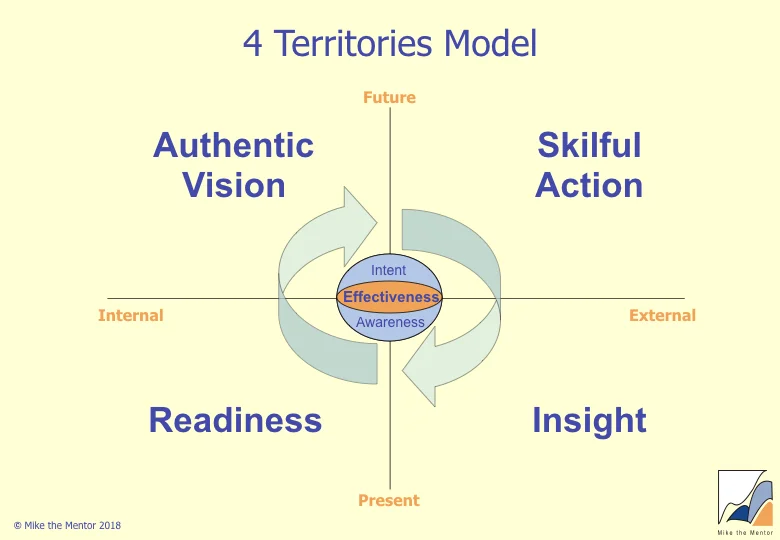The Coach as Shaman
/The Spell of the Sensuous: Perception and Language in a More-Than-Human World by David Abram is an extraordinary book about our disconnection from the natural world and our fundamental dependence on that world.
I was particularly taken with a chapter on The Ecology of Magic where he describes his research into the activities of Balinese shamans. What he came to see was that the role of the shaman is to mediate between the tribal community and the larger society of beings upon which the village depends for its nourishment, sustenance and health. Here is how David Abram describes this role:
The tribal shaman, I came to discern, acts as an intermediary between the human community and the larger ecological field, ensuring that there is an appropriate flow of nourishment, not just from the landscape to the human inhabitants, but from the human community back to the local earth. By his constant rituals, trances, ecstasies, and 'journeys', he ensures that the relation between human society and the larger society of beings is balanced and reciprocal, and that the village never takes more from the living land than it returns to it - not just materially but with prayers, propitiations, and praise. [...] The medicine person's primary allegiance, then, is not to the human community, but to the earthly web of relations in which that community is embedded. (p7)
There is a call to us as coaches to fulfil a similar role - to help those we work with to recognise their relationship to the wider community and planet. Historically, no individual, tribe or even nation could alter the global climate, destroy thousands of species, shift the chemical balance of the atmosphere and risk destroying the physical basis on which our societies and even lives stand. Yet that is exactly what is happening today as our individual and corporate actions are mediated and magnified through the growing network of global institutions. We can collude with this or challenge it - if we challenge it and help our clients deal with the leadership issues this new reality presents, then we can truly call ourselves 'leadership coaches'.

